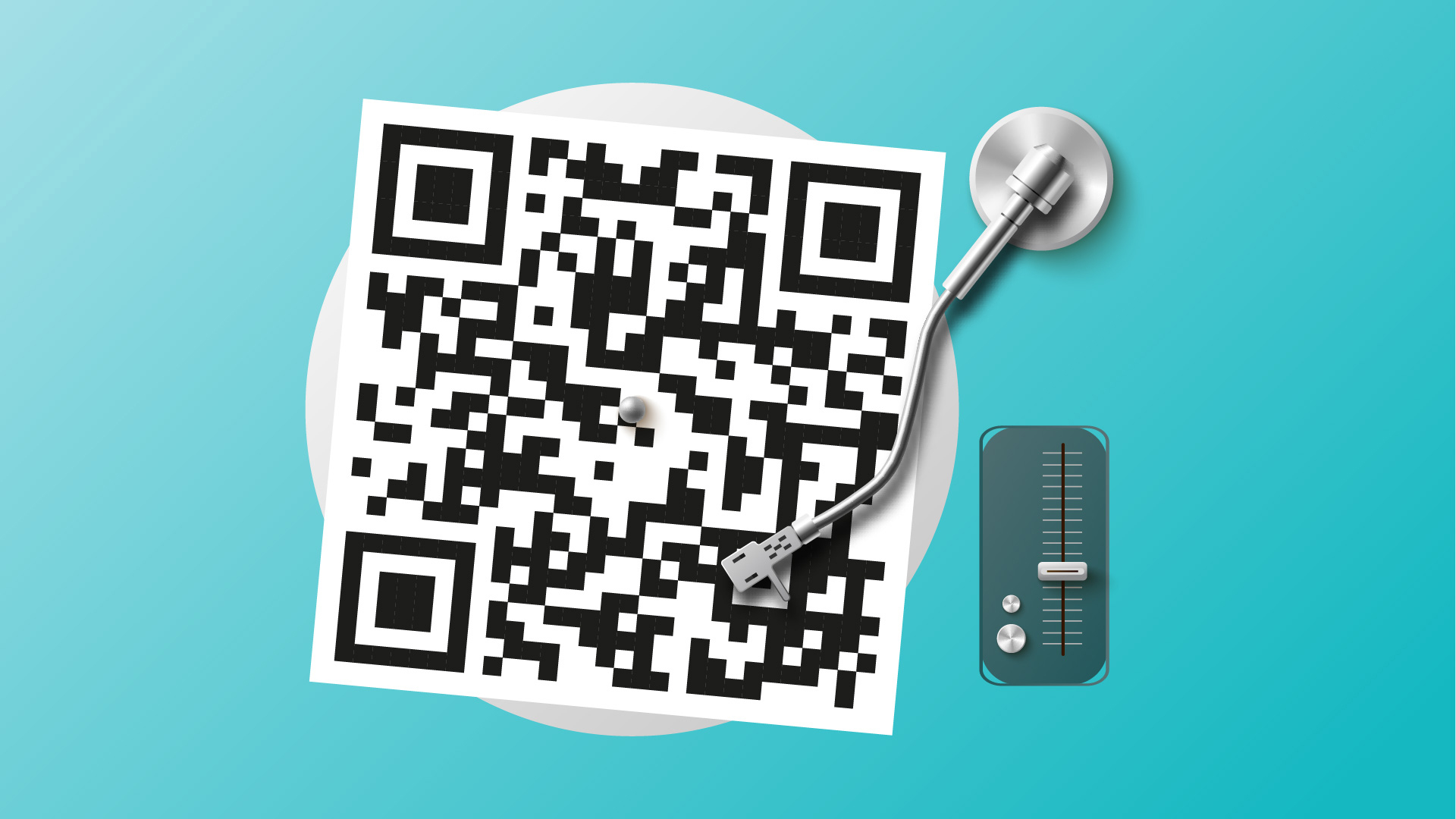This weekend’s annual Record Store Day (RSD) (12 April) is another celebration of the world of the physical music product and the cherished places that sell it. The release list features nearly 450 different limited edition albums, EPs and singles by all from Taylor Swift to Charli XCX, David Bowie and A Tribe Called Quest. Almost all exclusively on vinyl. Snapped up eagerly by fans and collectors countrywide, they gave a welcome financial boost to independent shops, labels, artists and the music ecosystem at large.
RSD is plainly a positive force. But the elephant in the room is the environmental ramifications of pumping out so much new plastic. The majority of vinyl records are manufactured from poly-vinyl chloride (PVC) – one of the most environmentally damaging plastics. It can take nearly 500 years for PVC to biodegrade if it ends up in landfill.
- Charity shop vinyl tells the story of our musical journey
- I walked in David Bowie’s footsteps to get a sniff of the real. But I found something I didn’t expect
- Black Country, New Road on ‘playing the game’ and why you won’t see them eating lunch on TikTok
For many RSD releases, the runs will have been small – in the low thousands of copies. Nothing compared to, say, Adele’s last album 30 in 2021 (a whopping 500,000 copies pressed). And a mere drop in the ocean of the 6.7 million vinyl albums sold in the UK in 2024 – a 9.1% increase on the previous year, and a 17th consecutive year of growth. But as the world slides deeper into climate crisis, any amount of non-essential new pollutant has to be considered too much pollutant. Clearly fresh thinking is required.
So, what if a vinyl record contained no record at all?
Set up by academics at the University of Glasgow, Doughnut Music Lab is an art and research collective that draws on ideas from doughnut economics (economies built around sustainability rather than endless growth) to imagine what shape musical life might take in a post-fossil-fuel future. They’ve begun investigating a novel proposal – 12” sleeves with all the cool packaging, artwork, inserts and added extras of a normal record, but with a download code in place of a disc.
“Vinyl-less vinyl,” as they call it. It’s rooted in the assumption that younger fans are more interested in vinyl as a way to display their fandom than for its superior audio qualities. Thus, they might be persuaded to switch to plastic-swerving alternatives, especially if they were cheaper.





